Japan’s Fiscal Gamble: Takaichi’s Stimulus Faces Mounting Criticism
As Japan’s economy contracts and inflation soars, PM Takaichi’s 18.3T yen stimulus faces criticism for exacerbating fiscal risks while failing to address core challenges.
News & Insights Across Asia
As Japan’s economy contracts and inflation soars, PM Takaichi’s 18.3T yen stimulus faces criticism for exacerbating fiscal risks while failing to address core challenges.
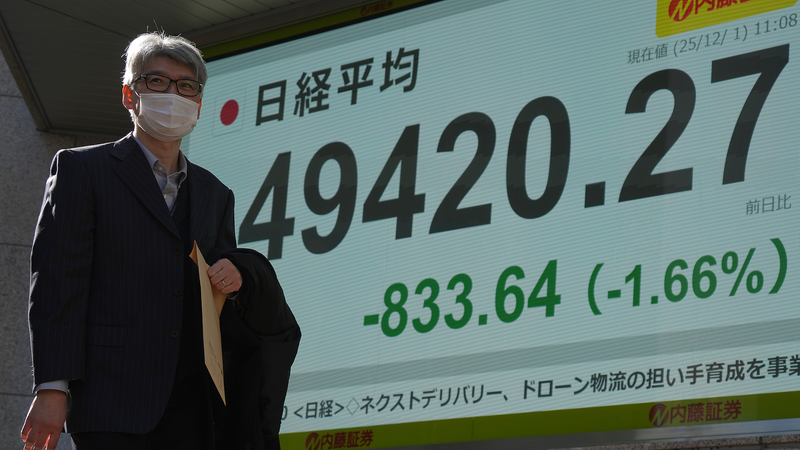
Japan’s aggressive fiscal stimulus under PM Takaichi triggers market sell-off as debt concerns intensify, shaking investor confidence across Asian markets.
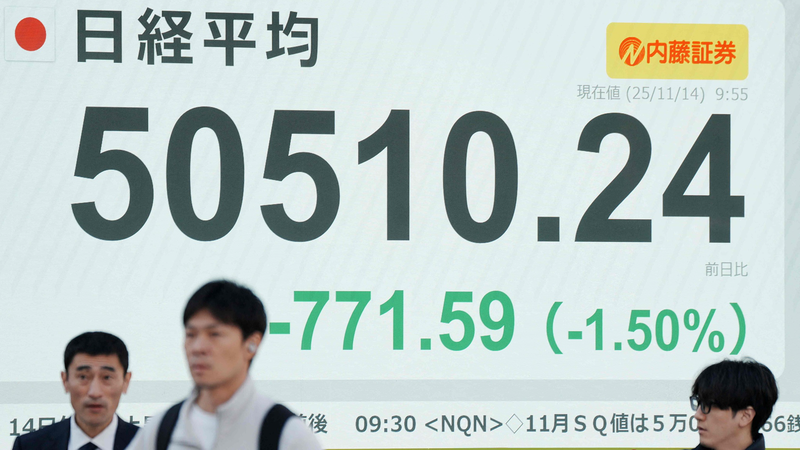
Japan’s financial markets face simultaneous declines in stocks, bonds, and the yen amid fiscal concerns and prolonged monetary easing under PM Takaichi.
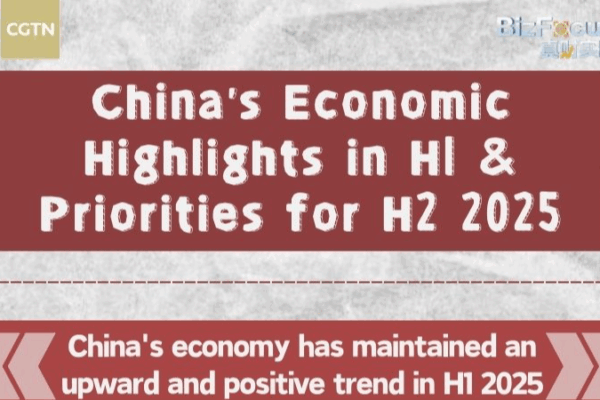
China’s H1 2025 economic performance shows resilience in manufacturing and green energy. H2 priorities focus on tech innovation and rural revitalization to sustain growth.

China announces new fiscal measures to stimulate domestic consumption and investment, aiming to drive high-quality economic growth, Finance Minister Lan Fo’an stated.

China’s finance minister reaffirms flexible fiscal strategy to balance growth and risk management, signaling stability for Asian markets.

Rising long-term bond yields in advanced economies signal deeper structural shifts as markets reassess fiscal risks and debt sustainability in a changing global landscape.
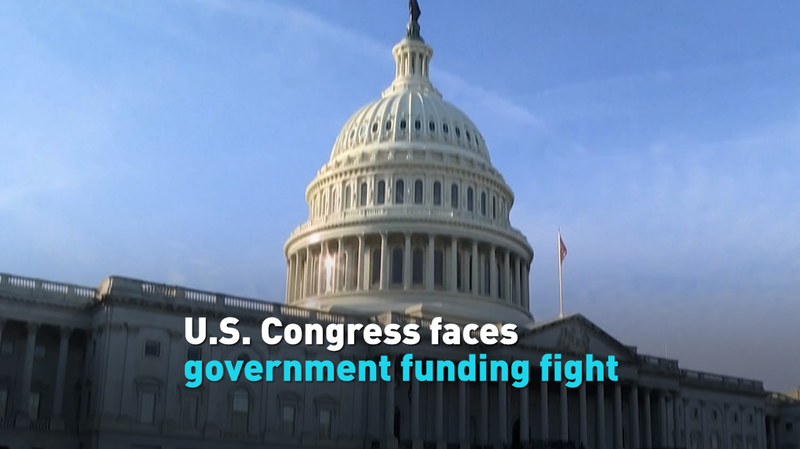
U.S. lawmakers race to avoid government shutdown by Sept. 30 amid political tensions and market concerns, with implications for Asia’s economic landscape.

Economists challenge Trump’s claim that tariffs will reduce U.S. debt, citing limited revenue impact compared to soaring interest costs.

China allocates third $9.6B bond batch to boost consumer goods trade-ins, with 300B yuan total planned for 2024 economic stimulus measures.
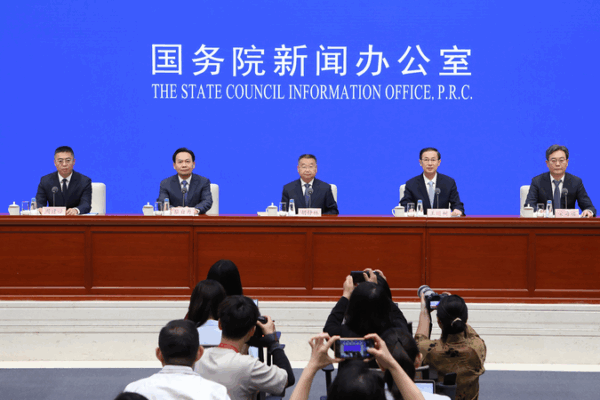
China’s tax revenue is projected to exceed 155 trillion yuan by 2025, with 10.5 trillion in cuts aimed at balancing growth and business support. Key insights from tax authorities.

China increases fiscal spending by $358B in H1 2025 to boost infrastructure, social welfare, and domestic consumption while stabilizing economic growth.

Rising U.S. Treasury yields spark concerns over long-term debt sustainability, with implications for global markets and Asia’s economic landscape.

Experts urge expanded fiscal measures to boost China’s domestic demand and counter trade uncertainties, as industrial and export sectors show resilience.

Economist Kenneth Rogoff warns that U.S. debt and political challenges could trigger an inflationary crisis, impacting global markets and investor confidence.

As the US faces a fiscal trilemma, Global South nations explore alternatives to the dollar-dominated system, reshaping global economic dynamics.
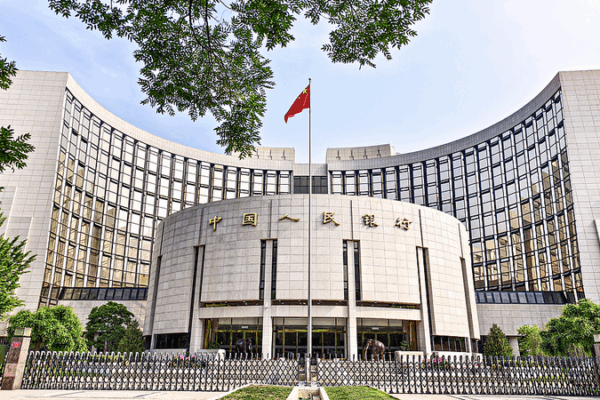
China’s credit expansion accelerates in May as fiscal policies drive record loan issuance and money supply growth, boosting economic confidence.

Long-term structural risks, from fiscal policy to financial weaponization, challenge the US dollar’s global reserve status beyond recent geopolitical shifts.

South Africa’s parliament approves fiscal framework balancing economic stability and social spending, impacting regional markets and investor confidence.
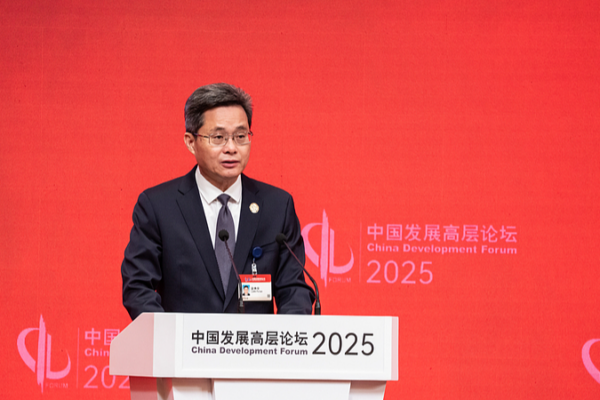
China unveils 1.3 trillion yuan fiscal package and consumer incentives to boost domestic demand and global economic collaboration through 2025 reforms.